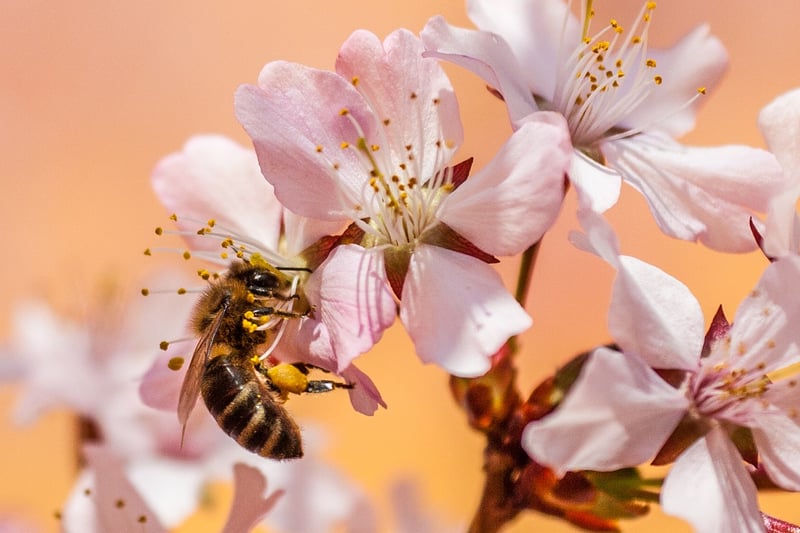Pest Control
Keep Your Garden Thriving with Effective Pest Control
Having a beautiful and bountiful garden requires more than just watering and fertilizing. One essential aspect of maintaining a thriving garden is effective pest control. Pests can wreak havoc on your plants, flowers, and vegetables if left unchecked. By implementing proper pest control measures, you can protect your garden and ensure it continues to flourish.
Identifying Common Garden Pests
Before you can effectively control pests in your garden, it's crucial to identify the most common culprits. Some of the most prevalent garden pests include:
- Aphids: Small, soft-bodied insects that can quickly multiply and damage plants.
- Slugs and Snails: These slimy creatures feed on leaves and can decimate a garden overnight.
- Caterpillars: The larvae of butterflies and moths that consume foliage and flowers.
- Spider Mites: Tiny pests that suck sap from plants, causing leaves to yellow and wilt.
- Whiteflies: Small, flying insects that feed on plant sap and excrete a sticky substance, leading to mold growth.
Effective Pest Control Methods
Fortunately, there are several eco-friendly methods you can use to control pests in your garden without resorting to harsh chemicals:
- Handpicking: Remove pests like caterpillars and beetles by hand and drop them into a bucket of soapy water.
- Neem Oil: A natural insecticide that can help control a variety of pests without harming beneficial insects.
- Companion Planting: Planting certain flowers and herbs can help repel pests and attract beneficial insects.
- Row Covers: Use physical barriers like row covers to protect plants from pests like aphids and caterpillars.
- Organic Sprays: Homemade sprays using ingredients like garlic, pepper, and soap can deter pests effectively.
Importance of Integrated Pest Management (IPM)
Integrated Pest Management (IPM) is a holistic approach to pest control that combines multiple strategies to minimize the use of pesticides. By incorporating techniques like biological control, habitat manipulation, and cultural practices, you can effectively manage pests while minimizing environmental impact.
Conclusion
Keeping your garden thriving requires proactive pest control measures to protect your plants from damage. By identifying common garden pests, utilizing eco-friendly control methods, and implementing Integrated Pest Management practices, you can ensure a healthy and flourishing garden for years to come.

Remember, a little prevention and regular monitoring can go a long way in maintaining a pest-free garden!
